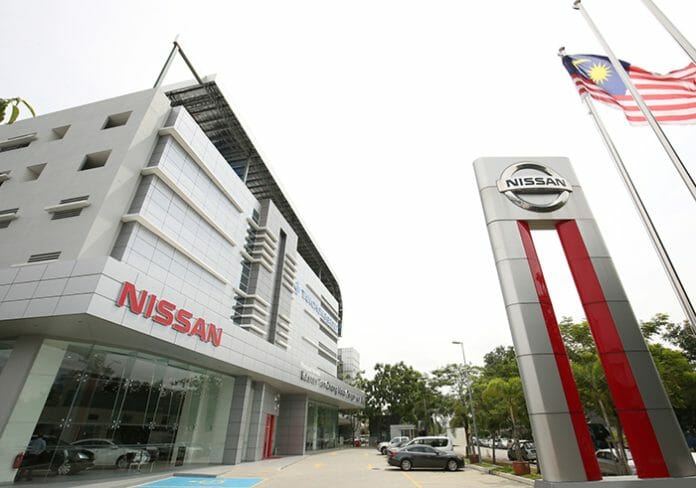Tan Chong Motor (TCHONG) is unable to compete effectively in the market in the absence of new launches while its rivals flood the market with attractive new models.
“To add salt to the wound, its manufacturing business has been dragged down by chip shortages at its principal in Japan and the situation will only slowly improve in 2HFY23,” said Kenanga Research (Kenanga) in the recent Company Update Report.
Recall, TCHONG basically sat out the auto sales boom locally with its local Nissan vehicle sales plunging by more than a third to 5,034 units in 1HFY23.
Meanwhile, its misfortunes in Vietnam did not stop at losing both completely-built-up (CBU) and knocked-down (CKD) Nissan
distributorships in 2020.
It has also lost its right to import and distribute MG CBU cars and parts in June 2023, and returned the remaining inventory to principal (SAIC) at a loss.
“To mitigate the situation, it will endeavour to make the best out of its exclusive rights to distribute King Long buses (CBU) and planning to localise production of Wuling N300P truck at its idle Danang plant by end-2023,” said the research house.
TCHONG has cleared all its King Long Euro 4 engine buses and will start to distribute Euro 5 engine buses by end-2023 or early-2024. Nonetheless, without a concrete CKD agreement to utilise its idle Danang plant, they expect TCHONG to continue recording losses
at its Vietnam operations. Recall, in 1HFY23, it recorded a higher loss of RM14.3m in Vietnam.
TCHONG has two key ESG initiatives at present, namely the launch of all-new Nissan Leaf, and facelift Renault Zoe in 1HFY23; and the under 51%-owned TC Sunergy Sdn Bhd.
TCHONG’s large-scale solar photovoltaic plant of 20MW is scheduled to meet the commissioning date at end-December 2023. Once completed, the solar plant is expected to supply 883k MWh of green electricity and contribute to a reduction of 729k tonnes of CO2 emissions to the environment.
“We continue to stay cautious on TCHONG due to its insignificant 1% share of the total industry volume, its lack of new launches while its competitors have successfully launched all-new models, and its inability to raise prices to pass on rising production cost, especially with the weakening of MYR against USD,” said the research house, reiterating Underperform and suggesting the Target Price of RM0.80.
Risks to their call include consumers splurging more on discretionary spending (particularly big-ticket items like new cars) as high inflation eases, more attractive new models for TCHONG that appeal to car buyers, and TCHONG monetising its strategic land bank or being privatised at a premium over the market price.









